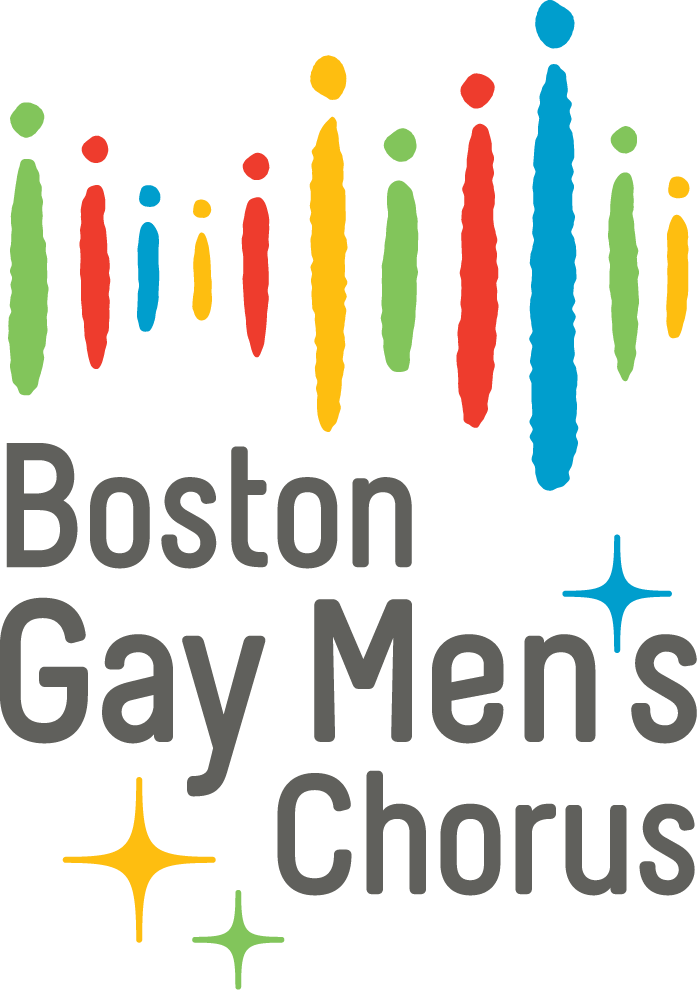 The post below comes from former BGMC member Bill Hulseman, who travelled with BGMC 10 years ago on our tour of Eastern Europe. His recollections from that trip are quite moving, and relevant to the journey we are taking today to Israel and Turkey.
The post below comes from former BGMC member Bill Hulseman, who travelled with BGMC 10 years ago on our tour of Eastern Europe. His recollections from that trip are quite moving, and relevant to the journey we are taking today to Israel and Turkey.
I don’t get mushy with posts, so strap in.
Ten years ago, I traveled to Germany, Poland, and the Czech Republic with the Boston Gay Men’s Chorus for a choral tour that started out as a fabulous vacation with my chorus brothers but became one of the most powerful artistic and political experiences I’ve ever had. We marched in the Christopher Street Day Parade and sang for 700,000 people in the Tiergarten in Berlin, and we sang in the Rudolphinum, one of the finest concert halls in the world.
The powerful part came in Wroclaw, where, despite threats of violence, a small gathering of rather crude protesters, and the mysterious arrest (and just as mysterious release) of our concert promoter, we performed at the Philharmonic Hall in Wroclaw―the first performance by a gay chorus (really, the first openly gay performance of any kind) in Poland. We entered the Hall a few hours before the performance with a police escort―our buses were surrounded by police vehicles, and we filed through a double line of uniformed police. For our safety, we couldn’t leave the Hall until after the concert. From dressing rooms a few stories up, we heard and watched as protesters assembled and started to chant their slogans (too vulgar to repeat here). Soon enough, a counter-protest amassed, all over a concert. We received a standing ovation just walking onto the stage, but during the second song, we could hear a commotion coming from the lobby of the Hall, and we knew that the protestors were making good on their desire to halt the concert.
From that point forward, we were fixed on Reuben’s direction with a new intensity, and we sang the best we’d ever sung. The end of the concert included three encores, including singers who returned to stage half-dressed (though we’d left the stage and started changing, the audience called us back for more). When we finally left the Hall, we were treated to a feast by the promoter who’d been arrested on our behalf. To describe the party that ensued as joyous, ecstatic, and wonderful is the understatement of the decade. And the next morning, though we were all a bit hazy from the night’s celebrations, we saw ourselves on the front pages of local papers.
To this day, I am moved to tears of joy and gratitude when I think of that night. In a moment, I understood that though I could return to the United States with a guarantee of safety and increasing security in my civil rights, the hundreds of people who traveled to Wroclaw that night from all over Poland would return to instability and insecurity. I understood the power of music, of art. I understood freedom, that which I enjoyed and that which others only imagined.
Today, members of the BGMC will travel to Turkey and Israel. It’s hard to believe that our moment in Wroclaw was a decade ago and that it’s been six years since I stood on stage with the BGMC. I’m still proud to have been part of that moment, I’m grateful for the ways my eyes, mind, and heart were opened in that moment, and I’m proud of my friends in the chorus who will venture to the Middle East with a mission to tell their stories, to hear others’ stories, and to sing songs of justice, peace, and love.
So, friends, read about their trip, and say a little prayer for their safe travels. Amidst your summer fun, consider what all these Pride parades are really about. And as we wait for the SCOTUS to opine on your fellow citizens’ rights, take a cue from the BGMC: tell your story, sing your song, and take a step toward peace.
